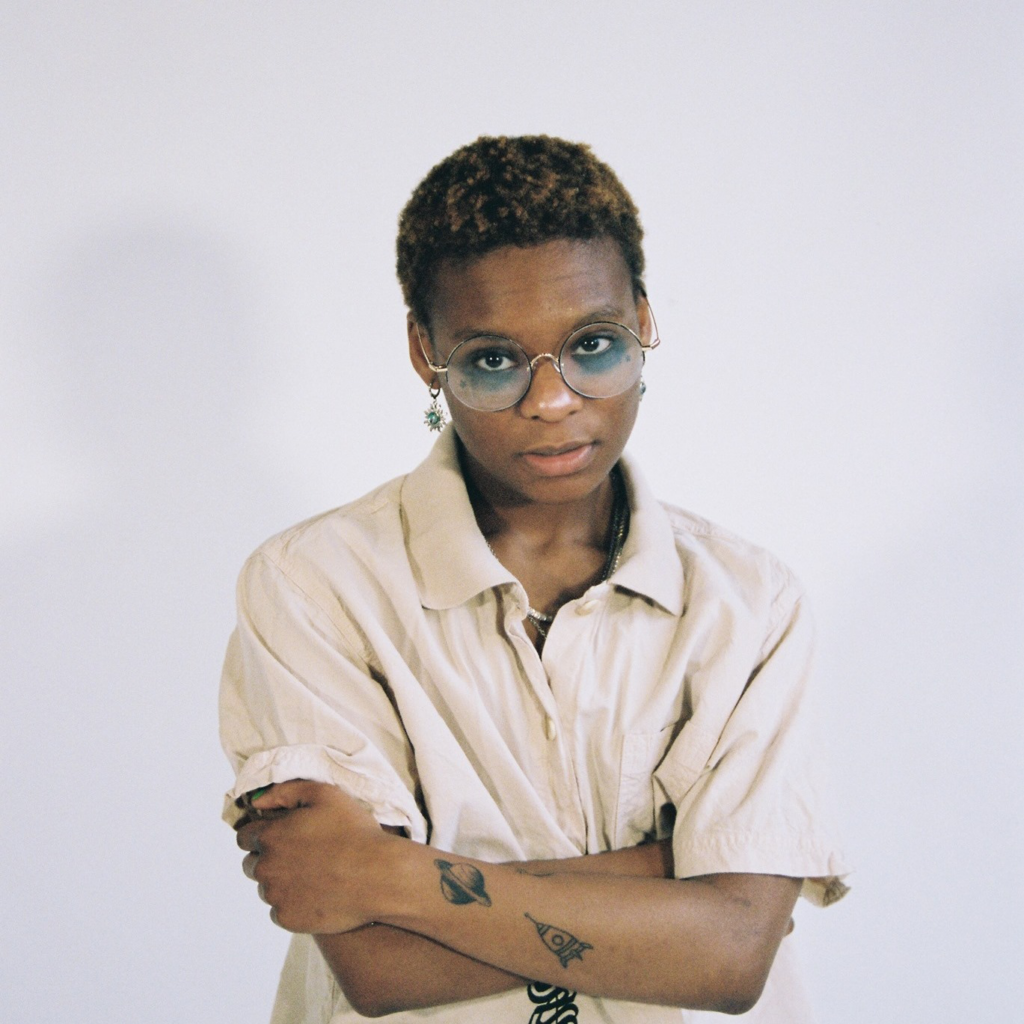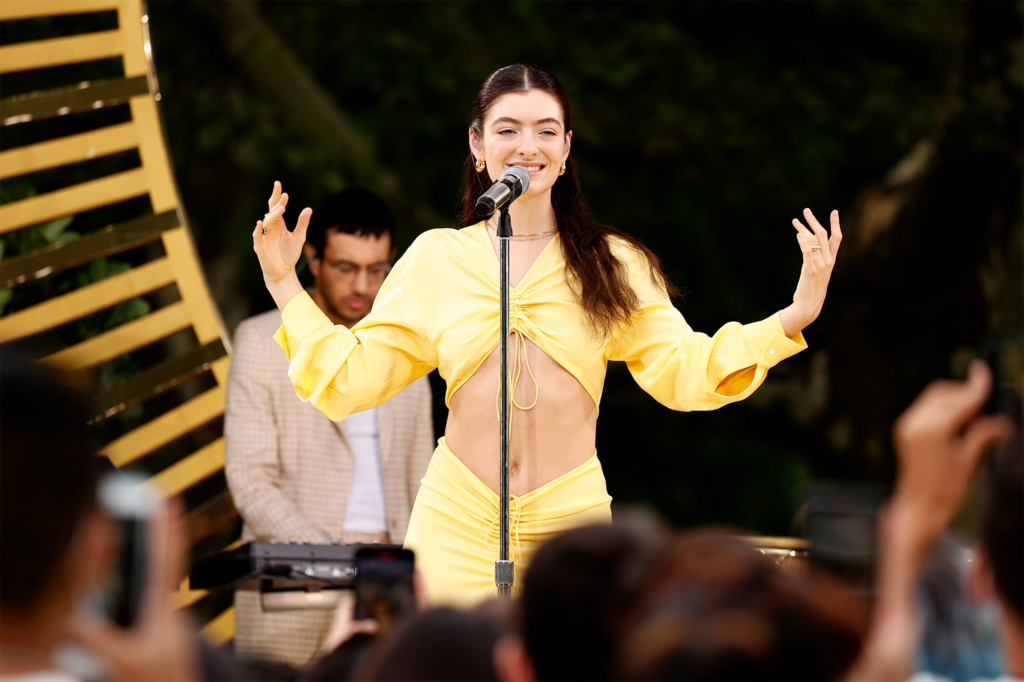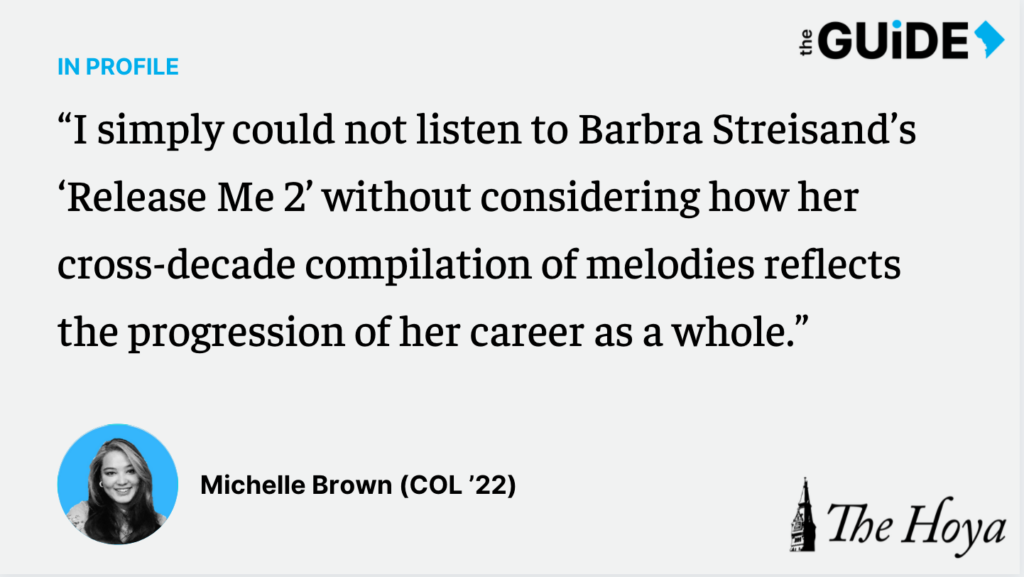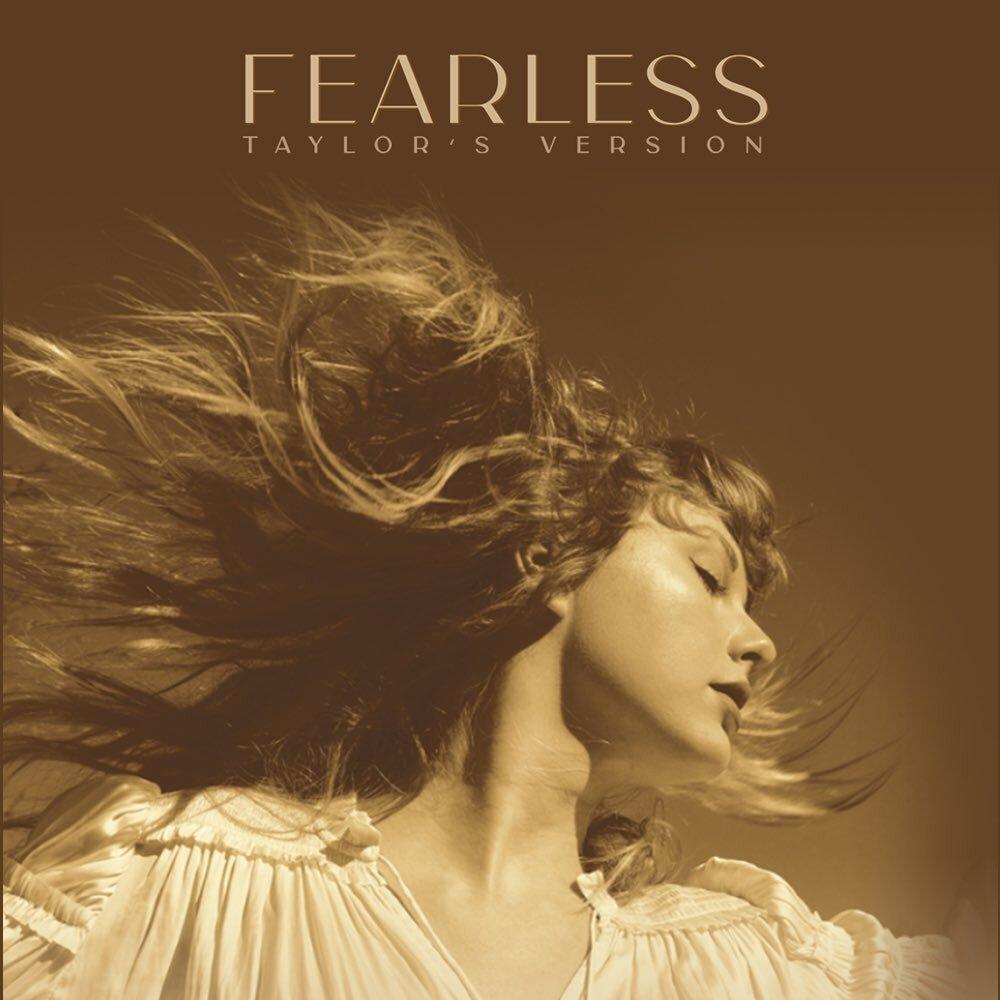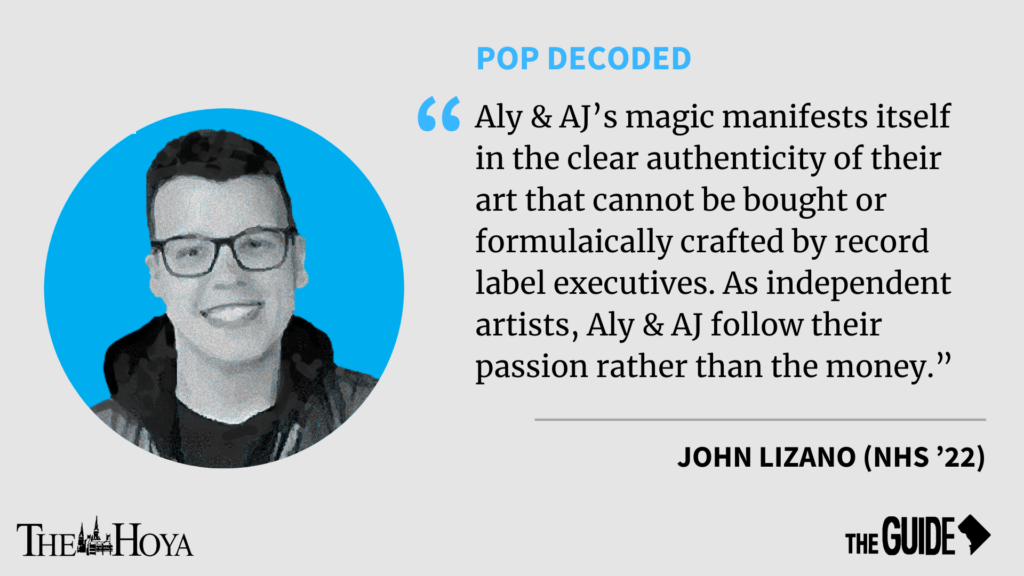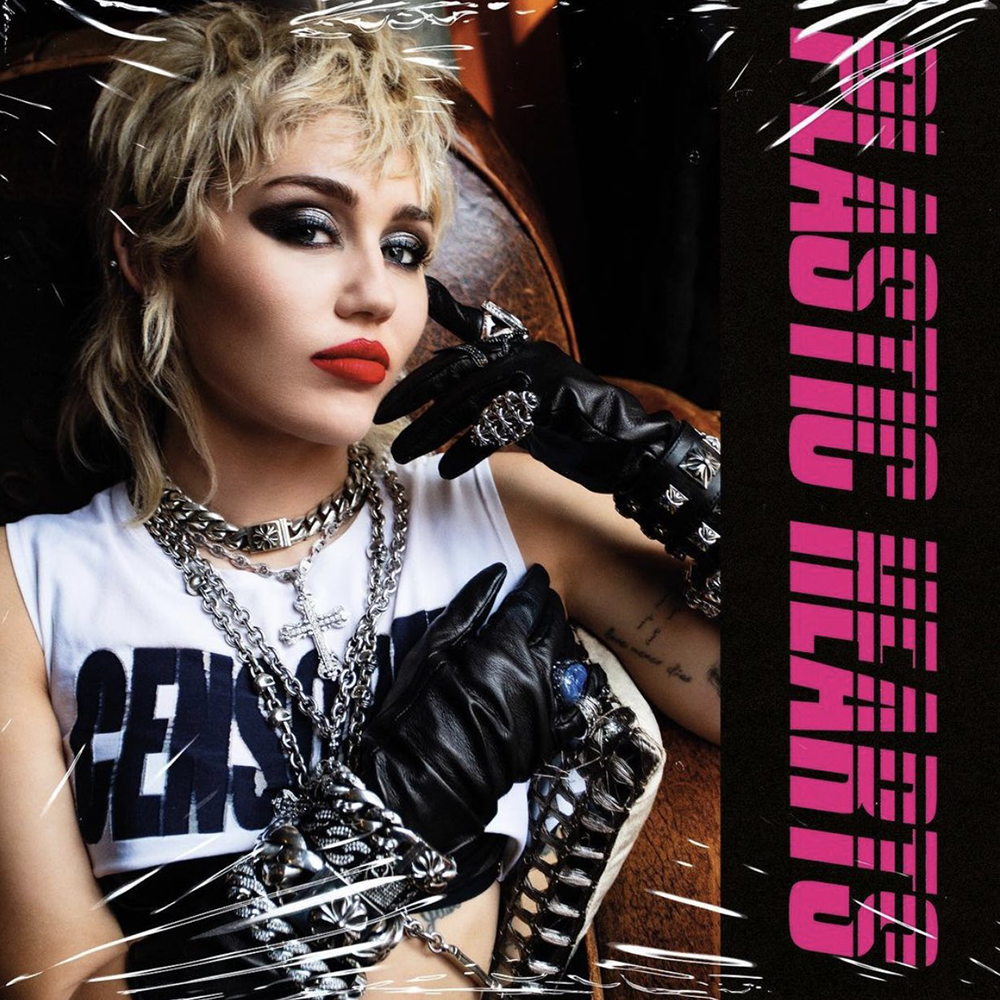“You all had to do something to be here, so I’ll be damned if I’m not going to show up.”
Upon taking the stage at the 9:30 Club on Oct. 10, Ron Pope immediately began to banter with the audience, establishing a comfortable, conversational rapport that would continue throughout the night. Pope explained that he had hurt his back that morning and would need to take it easy on stage, but that he still wanted to make the show worthwhile.
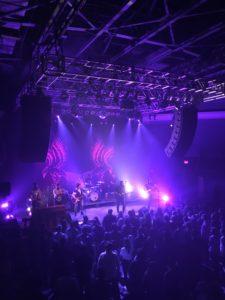
He certainly did not disappoint. Pope’s performance was simple, raw and reflective of his immense talent and emotion.
An independent artist raised in Georgia, the pop and rock singer-songwriter is currently based in New York City. To date, only two of his songs — “A Drop In The Ocean” and “I Believe” — have been released by a record label, Universal Republic.
Although the path of independence does not often bode well for artists, Pope has managed to garner a loyal fan base across the world. He has performed in over 20 countries on three continents, and his songs rack up millions of listens and downloads on a number of online platforms. His success has been a testament to the possibilities available for independent artists willing to commit themselves to their crafts.
Pope’s performance at the 9:30 Club was one of the many stops on the international tour for his new album, “Work,” which was released in August. He kept his performances simple and intimate; for his first few songs, only he was on stage, accompanied by his guitar, a barstool and the beams from two yellow spotlights.
His voice echoed through the space and enraptured the audience. The audience members, primarily middle-aged couples, occupied various spots across the two floors of the venue. They spread through the venue depending on their desired interaction with the performance: The audience on the first floor swayed and danced; those on the second floor leaned against the railing or sat on the low bleachers; and those at the upstairs bar sat along the counter and quietly observed. Regardless of the audience members’ vantage points, their reactions to his music were unanimous in awe and appreciation.
After a few solo performances by Pope, his band came on stage to help him perform “Someday We’re All Gonna Die,” which Pope described as “an incredibly sad song” written about his grandfather. The backup vocals, cello, fiddle, accordion and shakers that accompanied the piece helped the performance segue into the following portion of the show.
As they finished “Someday We’re All Gonna Die,” the band members filled out the onstage instruments, which included two more guitars, as well as a bass, tambourine and a full drum set. As the stage lights grew brighter and more saturated with color, the show kicked into full gear.
Apart from his immense talent, one of the most successful aspects of Pope’s performance was his active, adaptive stage presence.
Although he came into the show with a setlist, he made changes based on the sound of the music and the crowd’s mood. He was transparent with the alterations he made, speaking openly to his band about changes and telling the audience when he was skipping a song. Pope demonstrated an admirable willingness to tailor his performance to give the audience members the best possible experience.
There were a few songs that Pope gave special attention to, one of which was “In My Bones.” He played it on the piano and described how, unlike with most of his other songs, it arrived in his mind fully formed.
“Every song feels like a miracle,” he said. “But this one feels like a super-miracle.”
Another song he took time to explain was “A Drop in the Ocean.” This song is Pope’s most popular, peaking at No. 19 on the 2011 Billboard Charts, and, in his own words, is “the gateway drug to me.” These two songs elicited the most audible responses from the audience.
As Pope transitioned between quiet, sad songs and more upbeat, vibrant songs, the audience moved along with him, sometimes swaying and hugging, other jumping and breaking into swing dances. The venue was larger than the audience, but the music filled every open space and gave the crowd room to express themselves.
Pope’s music is rich, soulful and subtly Southern with traces of rock — a distinct combination that is revelatory of Pope’s personality and life. His performance was powerful and beautiful, and the audience response was a testament to Pope’s tremendous musical skill and to the loyalty of his fan base. His talent must be seen, and heard, to be believed.














